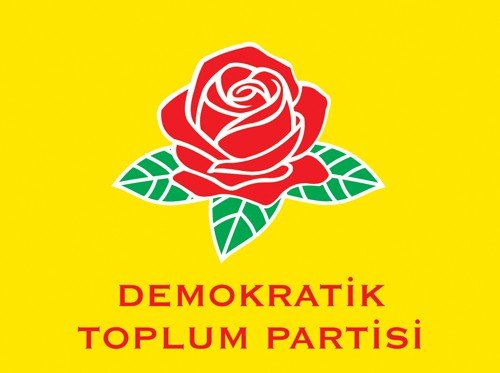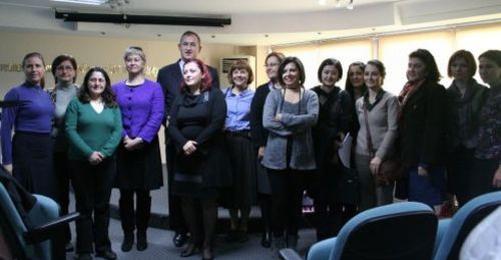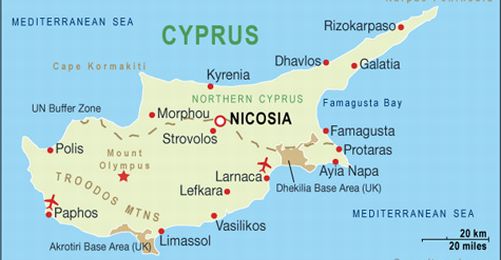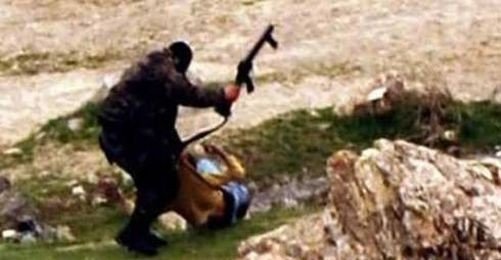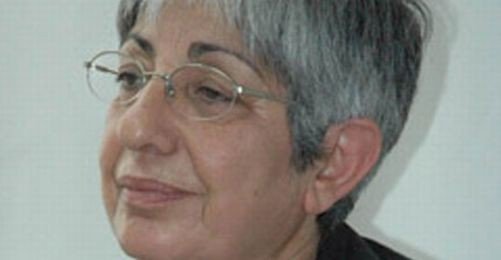Friday's (14 March) evening news programmes were all occupied with the breaking news that the Chief Prosecutor of the Supreme Court of Appeals has filed a court request at the Constitutional Court to close down the ruling Justice and Development Party (AKP).
The prosecutor, Abdurrahman Yalcinkaya, has argued that the party has become “a hotbed of anti-secular activities.”
Üskül: There will be political results
One of the AKP parliamentarians, Prof. Dr. Zafer Üskül, spoke to NTV yesterday, saying: “I don’t see that it’s possible to close the party. However, it will have political results, and people may be confused.”
He pointed out that the AKP had always expressed its commitment to laicism and added, “The AKP has taken important steps in democratisation; it is meaningless to claim that it has become distant (from laicism).”
“The laws of the constitution are being followed. The AKP has not violated them with any of the laws it has passed, otherwise they would be overturned by the Constitutional Court anyway.”
The fact that there has been constitutional amendment in order to allow women wearing headscarves to attend university has perhaps led to the prosecutor’s request for closure at this time.
However, Üskül said: “The latest constitutional amendments have aimed at strenghtening the principle of equality and safeguarding the right to education, and this cannot be interpreted as a violation of laicism.”
“The judiciary is expected to do what the law requires. Prosecutors may differ in their political opinions, but they have to be neutral in the judiciary process.”
Aktar: Party will exploit victimisation
Bianet spoke with Dr. Cengiz Aktar, a lecturer at Galatasaray University in Istanbul. Aktar predicted that the AKP would not be closed, but that it would be able to benefit from being perceived as a victim in the closure case.
A similar reaction happened in the general elections on 22 July 2007. After the Constitutional Court prevented the election of Abdullah Gül as President, the AKP benefited in an increase of votes, finally netting 47 percent, “probably more than it would have without the Gül controversy.”
The Constitutional Court will now examine the indictment, and should it accept it, it would be sent to the AKP in order for the party to prepare a preliminary defense. This has to happen within a month. (EÜ/TK/AG)









